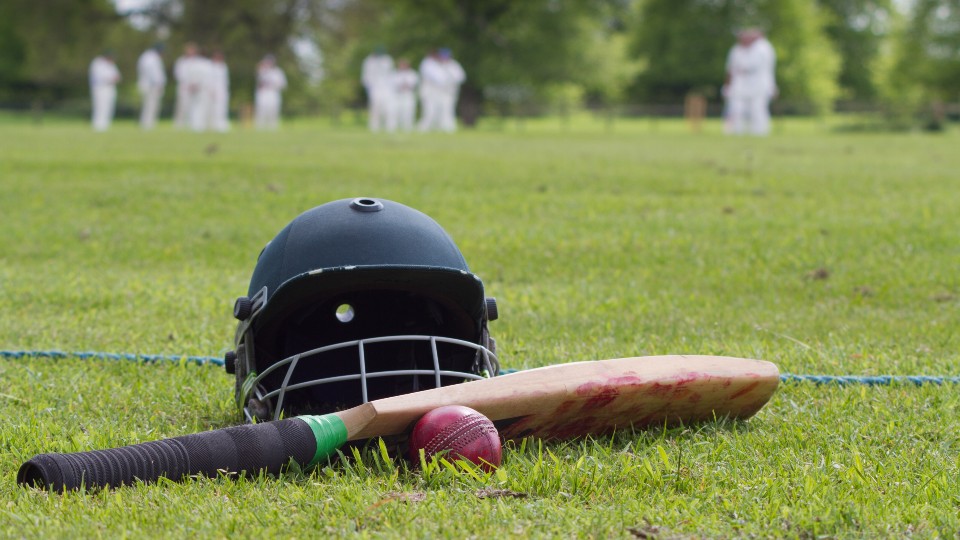The project called upon the expertise of Loughborough University’s Professor Andy Harland, with initial results published as an un peer reviewed preprint on the Metrix server.
Public health interventions to control the COVID-19 pandemic in the UK have resulted in restrictions in social mixing, with both amateur and professional sports either prohibited, or allowed with considerable infection control measures in place.
The team also includes researchers from Imperial College London.
Dr Thomas Edwards, who led the technical work said:
“We found a rapid loss of viral load on the equipment after a short period of time, making it unlikely that shared equipment is a major risk for transmission of COVID-19 during sporting activities. The major risk of transmission during team sports is more likely to be during player interaction, either in transport, during play or socially before and after the game, and infection control measures should be focussed on these areas.”
Andy Harland, Professor of Sports Technology, Loughborough University, added:
“Sport plays such an important role in many people’s mental and physical wellbeing but has inevitably been interrupted during the Coronavirus pandemic. The opportunity to engage in research into risk of virus transmission via sports equipment was something we were pleased to support and hope the results can assist sports administrators and individuals to make informed decisions when returning to play.”
The team found that recoverable SARS-CoV-2 virus reduced dramatically over a very short period, with the mean recoverable virus less than 1% after 1 minute across all materials tested. Furthermore, the type of material has a significant effect on COVID-19 transfer, with less virus transferred from porous materials such as bovine leather or nylon woven cloth (tennis balls, red cricket balls and cricket gloves) than less hydrophobic materials such as plastics.
Professor James Calder from Imperial College and Fortius Clinic London said:
"These findings are important for elite athletes but also for community sports and our schools. The risk of transmission when we share sports equipment is lower than was once thought and it highlights the importance of promoting other infection control measures in sports and encourages equipment manufacturers to identify surfaces that may be less likely to retain viable virus."
This study has important policy implications, as infection control measures in sport may be better directed towards areas other than reducing the sharing of sports equipment. In addition, sports equipment manufacturers are urged to identify surfaces that may or may not be likely to retain virus as a way of reducing viral transmission from sports equipment.
Dr Emily Adams concluded:
“This has been a really important study for us to be involved in given the important role that sport plays in our society both for players and spectators. I hope that our results may lead to appropriate policy changes and practices that may help in building trust amongst players that sports practices are safe post-lockdown.”
This work was funded by philanthropic donors and performed in partnership with the Health protection research unit for emerging and zoonotic infections.








